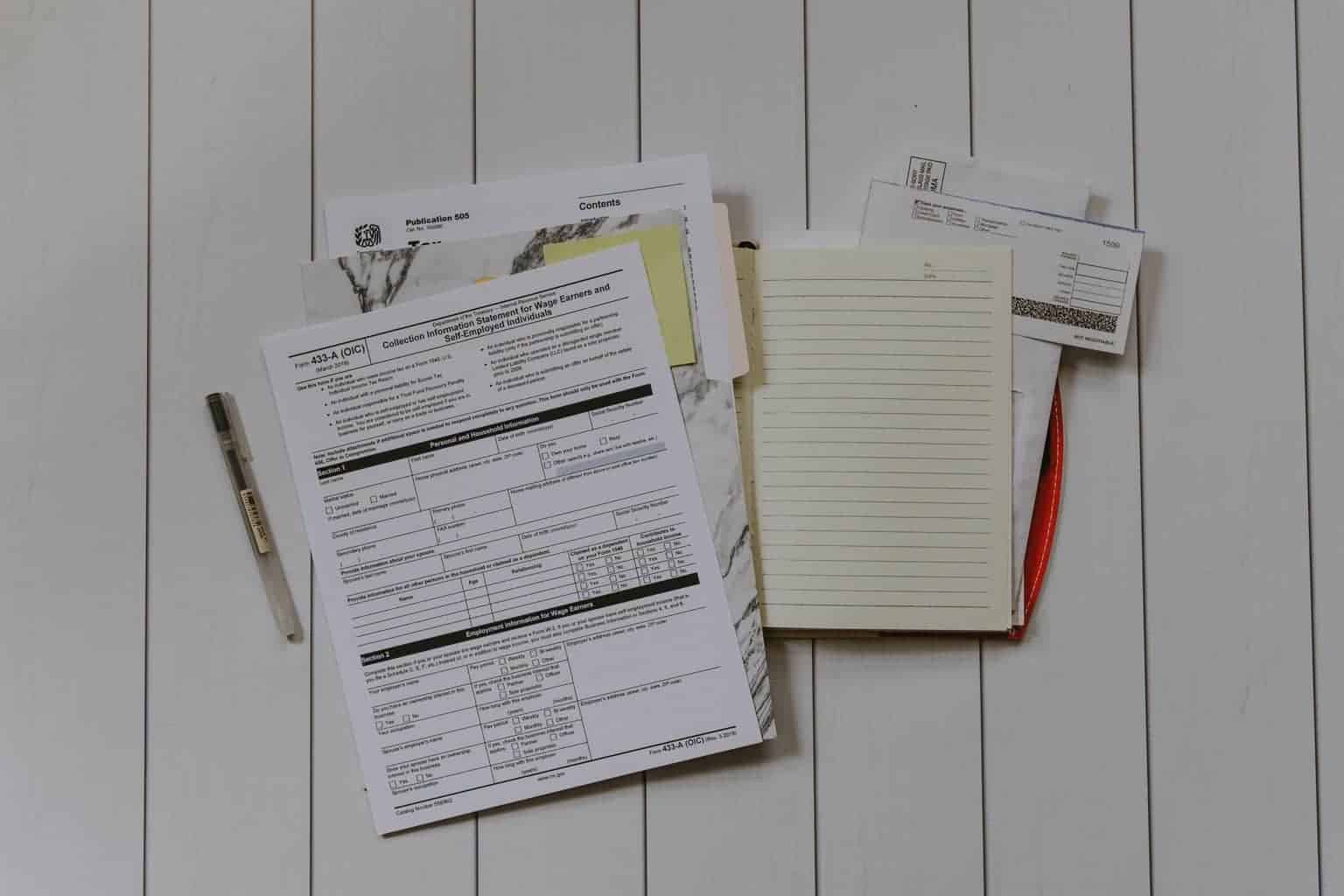If you’re saddled down by federal tax debt, there’s hope. The Internal Revenue Service (IRS) offers many options, like short-term and long-term payment plans, to help resolve your unpaid tax bill.
In this guide, you’ll learn more about these payment plans, also known as installment agreements, how they work and what you’ll need to request an arrangement with the IRS using form 9465.
What is the Purpose of Form 9465?
Form 9465 (Installment Agreement Request) is used by taxpayers who cannot pay their federal tax liability and would like a monthly installment plan.
Instructions How to Fill Out Form 9465
The IRS offers detailed instructions online to help you complete Form 9465. You can also find the mailing address, which varies by state, to send Form 9465 if you’d prefer to apply for an installment agreement by mail.
Should You Get Help From a Tax Relief Firm to Request an Installment Agreement?
If you read the instructions for Form 9465 and are still uncomfortable with requesting an installment agreement on your own, consider hiring a tax relief firm to assist. They can work with the IRS on your behalf to negotiate an installment agreement that’s fair and works for your financial situation.
About Installment Agreements
What Are Installment Agreements?
The IRS offers installment agreements to help taxpayers resolve unpaid tax debt over an extended period. Some state taxing authorities also offer installment payment plans.
(Quick note: If you’re facing a tax bill from your state, contact the department of taxation or revenue in your state to learn more about payment plans that could be available to you).
Who Qualifies for an IRS Payment Plan?
There are two IRS installment agreements to choose from:
- Short-term Payment Plan: The taxpayer must owe no more than $100,000 (with interest and penalties) and agree to pay the outstanding balance within 120 to 180 days.
- Long-term Payment Plan (or Installment Agreement): The taxpayer must owe no more than $50,000 (with interest and penalties) and agree to pay the outstanding balance over a six-year (72-month) period. These criteria apply to individual taxpayers, not business debtors, who are seeking a long-term payment plan. Businesses can qualify for 24 month payment plays if they owe no more than $25,000 (with interest and penalties) and are current on tax filings.
What is the Interest Rate on IRS Payment Plans?
The interest rate on IRS installment agreements is equivalent to three percent plus the federal short-term rate. Each quarter, it’s adjusted in accordance with the federal short-term rate. Also, know that interest compounds daily on the unpaid tax debt as well as on late filing penalty and late payment penalties.
How to Request an Installment Agreement
Here’s what you’ll need to request an installment agreement:
Individuals (and sole-proprietors)
- Name and address (on your most recent tax return)
- Social Security number or Individual Tax ID Number
- Date of birth
- Filing status
- Email address
- Total unpaid tax debt
- Financial account number, identity verification code or mobile phone number
Businesses
- Employer Identification Number
- Identity verification code
- Address (on your most recent tax return)
- Month and year your company started
- Caller ID from the IRS notice
- Total unpaid tax debt
- Tax period filed or examined
- Tax form filed or examined (if applicable)
Can You File Form 9465 Online?
If certain conditions are met and your account is eligible. Below is the setup fee for online, mail or phone filing options:
- Short-term Payment Plan: no setup fee if you apply online, by mail, phone or at a physical location
- Long-term Payment Plan with a Direct Debit Installment Agreement (DDIA): $31 (online); $106 (by mail, phone or at a physical location)
- Long-term Payment Plan without a DDIA: $149 (online); $225 (by mail, phone or at a physical location)
You could qualify for a $43 setup fee, regardless of how you file, if you’re a low-income individual.
Already filed and need to update your installment agreement? Create an account and make modifications, like monthly payment amount, due date or payment account changes, through the Online Payment Agreement tool. If your installment agreement has lapsed, you may be able to request reinstatement through this tool. There’s a $10 fee to make changes online; it’s $89 for changes made by mail, phone or in-person. (The fee is reduced to $43 for low-income taxpayers and could be reimbursable, and$0 for modifications to DDIA).







